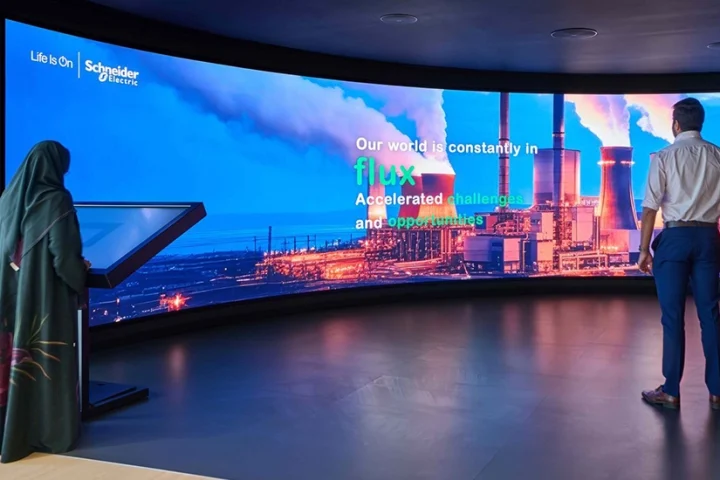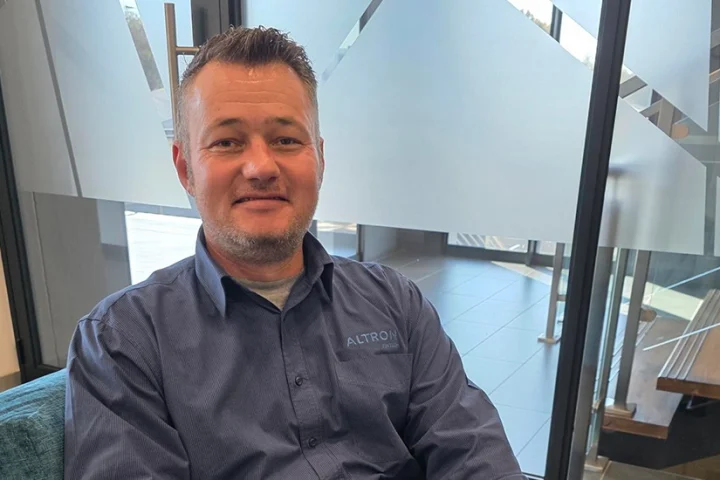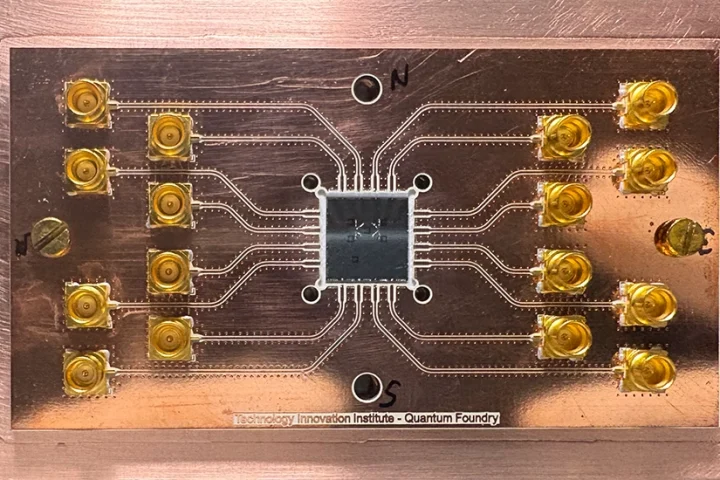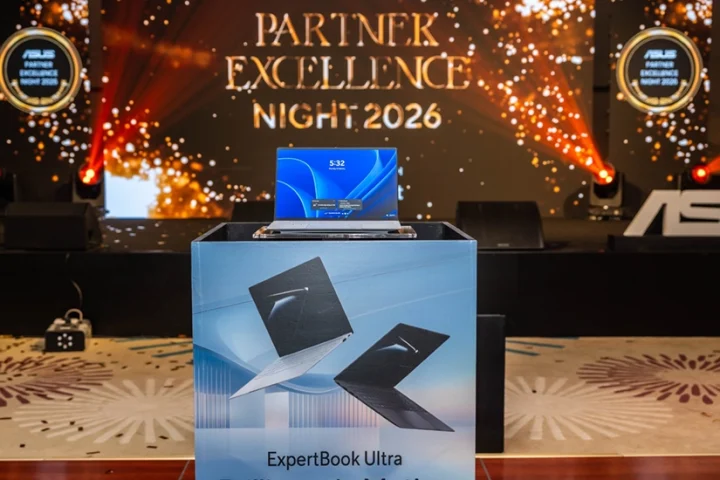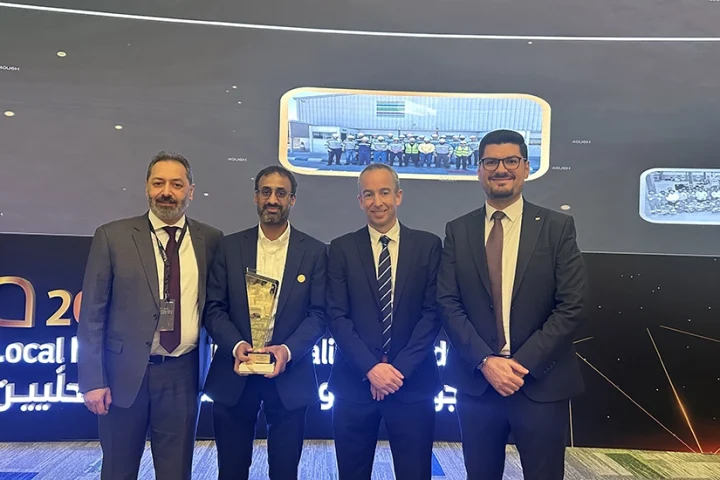In various industrial sectors, new software tools such as the Schneider Electric Manufacturing Execution System, a complete control and supervisory system, enables remote control and monitoring of widely distributed, linked assets, helping to increase operational efficiency in a way that enables operators to make faster, error-free process decisions.
By accessing a seamless, reliable, and accurate data flow, operators see a complete picture of plant and network operations, enabling them to manage continuous improvement while providing the flexibility to adapt to changing market demands. Such agility can lower operations cost by up to 20% through saved workforce hours and optimised production.
Agile enterprises have a certain boldness not seen in traditional manufacturing or process settings. As opposed to making tentative moves, they embrace innovative automation technologies to make step change-level operational improvements.
Agile enterprises have a certain boldness not seen in traditional manufacturing.
Future industrial strategy should be founded on three core pillars: universal automation, sustainable efficiency, and software-centric automation. These create a firm base for protecting the environment and improving health and safety, whilst also enabling real-time data sharing and remote operation. This results in greater sustainability and improvements in productivity and cost savings, ensuring that can be scaled at pace.
Industrial strategy should be founded on three pillars: universal automation, sustainable efficiency, software-centric automation.
Many industrial ecosystems are not open and interoperable by design. New technology often is not compatible and cannot be implemented easily into existing systems, which only slows an industry’s ability to evolve and improve industrial processes.
Instead, manufacturers should embrace open standards and interoperable, plug and produce, automation software components, much as the IT and technology industries have in recent years. When partners share insight and develop based on open standards, it becomes much easier to adopt the game-changing AI technologies that can transform industries for the better.
Many industrial ecosystems are not open and interoperable by design.
Modern manufacturing and process industries take an end-to-end and collaborative approach to automation design and operation. For example, leaders in the mining, minerals and metal industries have open systems that share information via structures such as integrated operations centers.
On the other hand, universal automation is the world of plug and produce automation software components that solve specific problems in a proven way. Such an approach is particularly effective in logistics industries where coordination and integration between disparate vendor systems emerges as a critical success factor for enabling rapid product deliveries.
Agile enterprises embrace automation to make step change-level operational improvements.
Other partnerships include ProLeiT, which provides software optimised for the consumer goods marketplace, including food and beverage, chemicals, and life sciences segments. And Schneider Electric also works with OSIsoft on industrial software. RIB offers a software platform for planning, costing and real-time construction monitoring, as one of the leading players in the broader field of building information modelling.
Schneider Electric’s business automation solutions can be found in every industry, including energy, FMCG, infrastructure and transportation and every country across the region. Companies Schneider Electric works with in the Middle East include Samir Abbas Hospital, Almarai, Education City, Qatar Foundation, ADNOC, and Kuwait Oil Company.
Manufacturers should embrace open standards and interoperable, automation software components, much as the IT and technology industries have in recent years.




